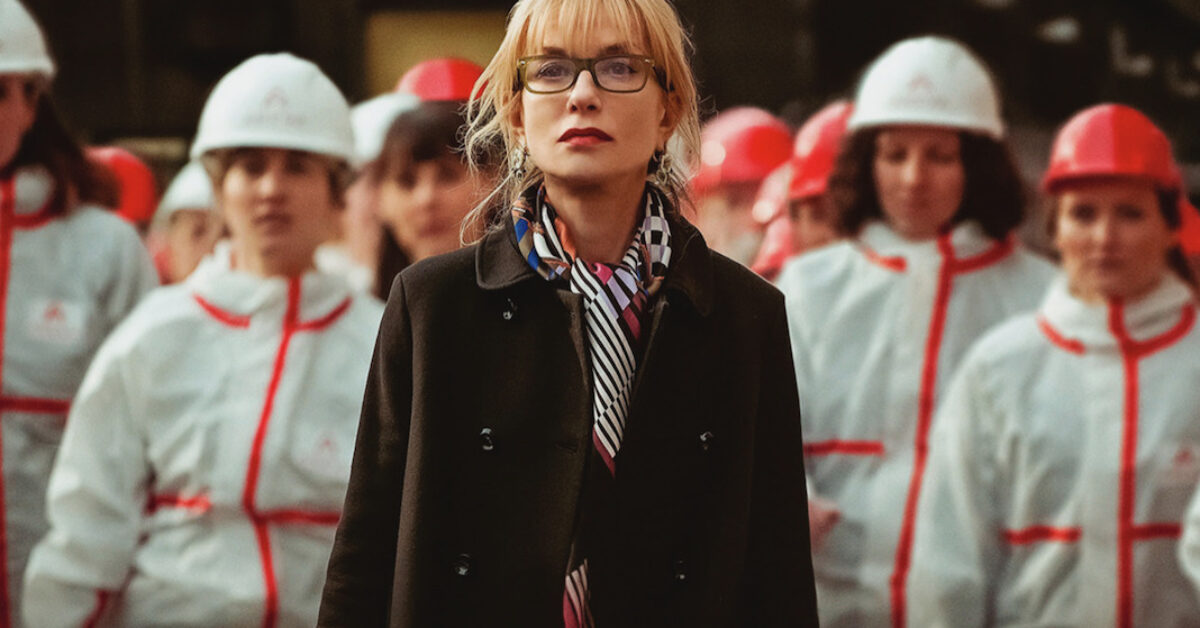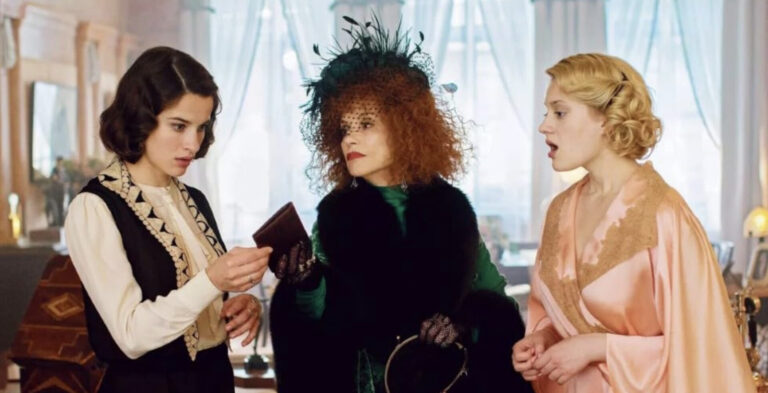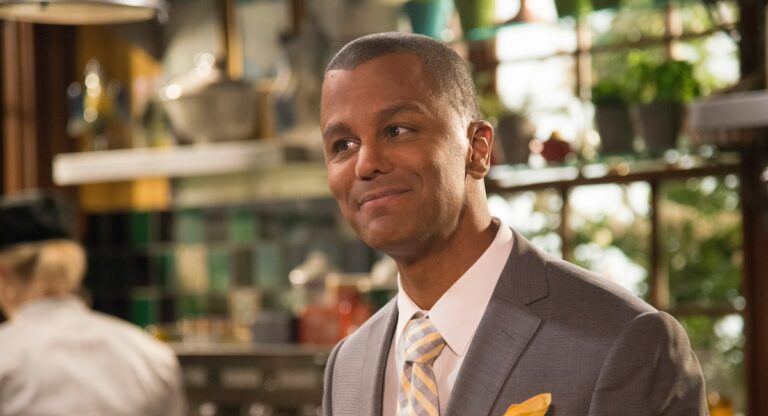Early on in Paul Verhoeven’s 2016 film Elle, Isabelle Huppert’s character Michèle is raped by a masked intruder. Michèle’s response to the assault reveals her toughness: She does not call the police. Instead, she cleans up, takes a bath (blood froths up into her bath bubbles), sees a doctor to test for STDs, has the locks changed, tells her friends matter-of-factly over dinner, and buys pepper spray and an ax. When her assailant stalks her with texts and phone calls, Michèle studies the men around her with curiosity: Could he be someone she knows? But when he breaks in and attacks her again, she fights harder, managing this time to unmask him.
While the scene isn’t played as a big climax or turning point, it’s an astounding moment for Huppert. We learn early on about Michèle’s ferocity and traumatic past. We witness her imperiousness and bravery, her twisted wit and casual cruelty. We’re invited into her revenge fantasies. But then it happens. Yes, she is fierce, but her face also registers shock, betrayal, and profound vulnerability. The layers of her defense are ripped away and we catch a glimpse of her humanity, fragility, even.
Her performance elevates a movie that might have simply joined the Dutch director’s pantheon of entertaining shock porn flicks like Basic Instinct, Showgirls, and Robocop. Huppert brings integrity and nuance to a role that in other hands might slip into cliché or deadly seriousness. Instead, the film—which straddles the line between camp and psychological thriller—was nominated for 11 César awards and took the prizes for Best Film and Best Actress (for Huppert, of course). She also won the Lumière Award in France and the Golden Globe in the U.S., rare for a foreign language film, amongst a slew of other accolades. She was even nominated for an Oscar. Huppert has more César nominations than any other French actress (16) and holds the record for the most films to premiere in the main competition at the Cannes Film Festival (22).
Huppert’s New Film, Le Syndicaliste
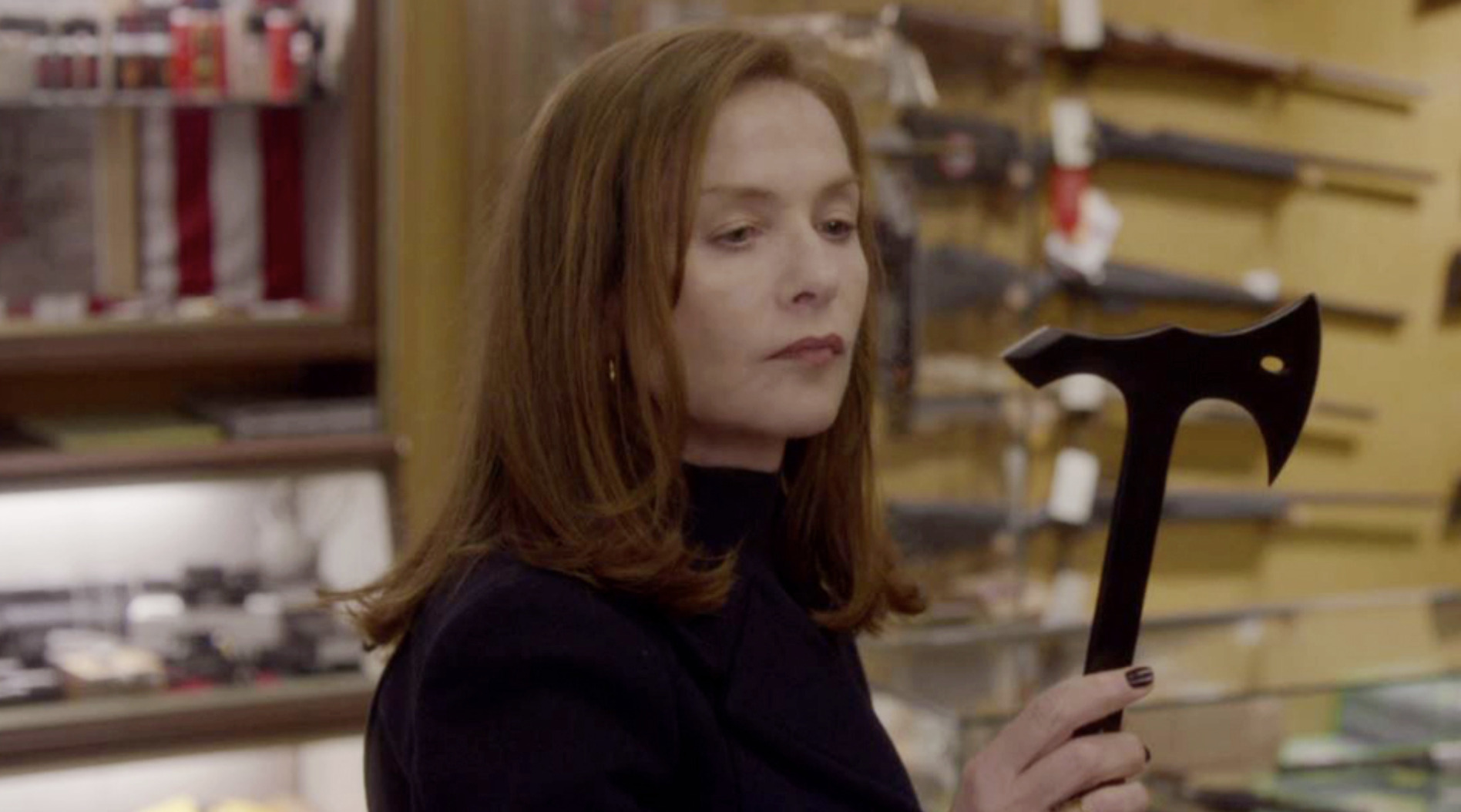
Now, at 70 (although she could pass for a woman in her 40s), Huppert is playing another assault victim in La Syndicaliste, directed by Jean-Paul Salomé, which opened in New York on December 1, followed by Los Angeles on December 8, and then a national rollout. The film is based on the strange true story of Maureen Kearney, a union representative for a French nuclear power company. As played by Huppert, Kearney is a bulldog when it comes to fighting for the employees she represents. When she discovers top-secret international dealings that could threaten their jobs, she’s determined to expose the scheme. As a result, she’s harassed, threatened, then attacked in her own home, blindfolded, tied up and sexually assaulted in a crude, confounding way. So confounding, in fact, that her account is not believed by the authorities, who ultimately accuse her of fabricating the story.
Anyone who has followed Huppert’s career will recognize the complexity and moral murkiness surrounding the character. Who can forget her obsessive and self-destructive pianist in Michael Haneke’s shocking, critically acclaimed The Piano Teacher? When in 2020 the New York Times named Huppert the 2nd best actor of the 21st century (after Denzel Washington), critic Manohla Dargis wrote, “Fearless and mesmerizing, sometimes scary, sometimes freakish, Isabelle Huppert has taken on an astonishment of roles over her career, moving effortlessly from tears to shrieks, from the straightest stories to the most gloriously unhinged. She’s acted in more than 50 movies this century alone, industriousness that speaks to her ambition and popularity, but also suggests a ravenous hunger you can see in her acting.” Certainly, you don’t become one of the world’s most revered actors and a French national treasure by playing nice—or predictable, or normal.
Huppert made her television debut in Le Prussien in 1971, when she was 18. She went on to develop fruitful professional relationships with a who’s who of great directors that includes Claude Chabrol, Jean-Luc Godard, Maurice Pialat, Bernard Tavernier, Claire Denis, François Ozon, Mia Hansen-Løve, Michael Haneke, and Paul Verhoeven—in France alone. She also stars in such English-language films as Heaven’s Gate, I Heart Huckabees, Greta, and Mrs. Harris Goes to Paris.
When we met over Zoom to talk about La Syndicaliste, Huppert told me she didn’t know Kearney’s story until the director, Jean-Paul Salomé, approached her about playing the part. The way the story interweaves the personal and political grabbed her, a whistleblower narrative that’s really about sexism and takes place in a man’s world where women are not taken seriously. “It’s the story of a woman not being heard,” she said. “She’s a victim, but she doesn’t behave like one.” Huppert had also starred in Salomé’s 2020 film, Mama Weed, and was interested in working with him again.
Huppert on Character
For Huppert, the director is more often the hook than the role. “I don’t think of my films in terms of characters,” she told me. “I think about how nice it was doing the film or what kind of relationship I had with the director. I’ve had some quite inspiring and rich relationships with probably all the directors I’ve worked with. At the end of the day, it’s more about the doing of the film. The final result is for the spectator, but as an actress, I don’t really care about the characters.”
I don’t quite buy it and push her a little, pointing out that she often plays characters who are icy or extreme, obsessed, even unhinged, never boring, and wonder if she actively seeks that type of role. “They might be what you say they are,” she said, “but they are also fragile and, in a strange way, emotional. Otherwise, they would be only genre characters—the villain in a movie—but that’s not what they are. They make you think about what does it mean to be good? What does it mean to be bad? What does it mean to hurt? What does it mean to attack? All these topics which are interesting for people just as human beings.”
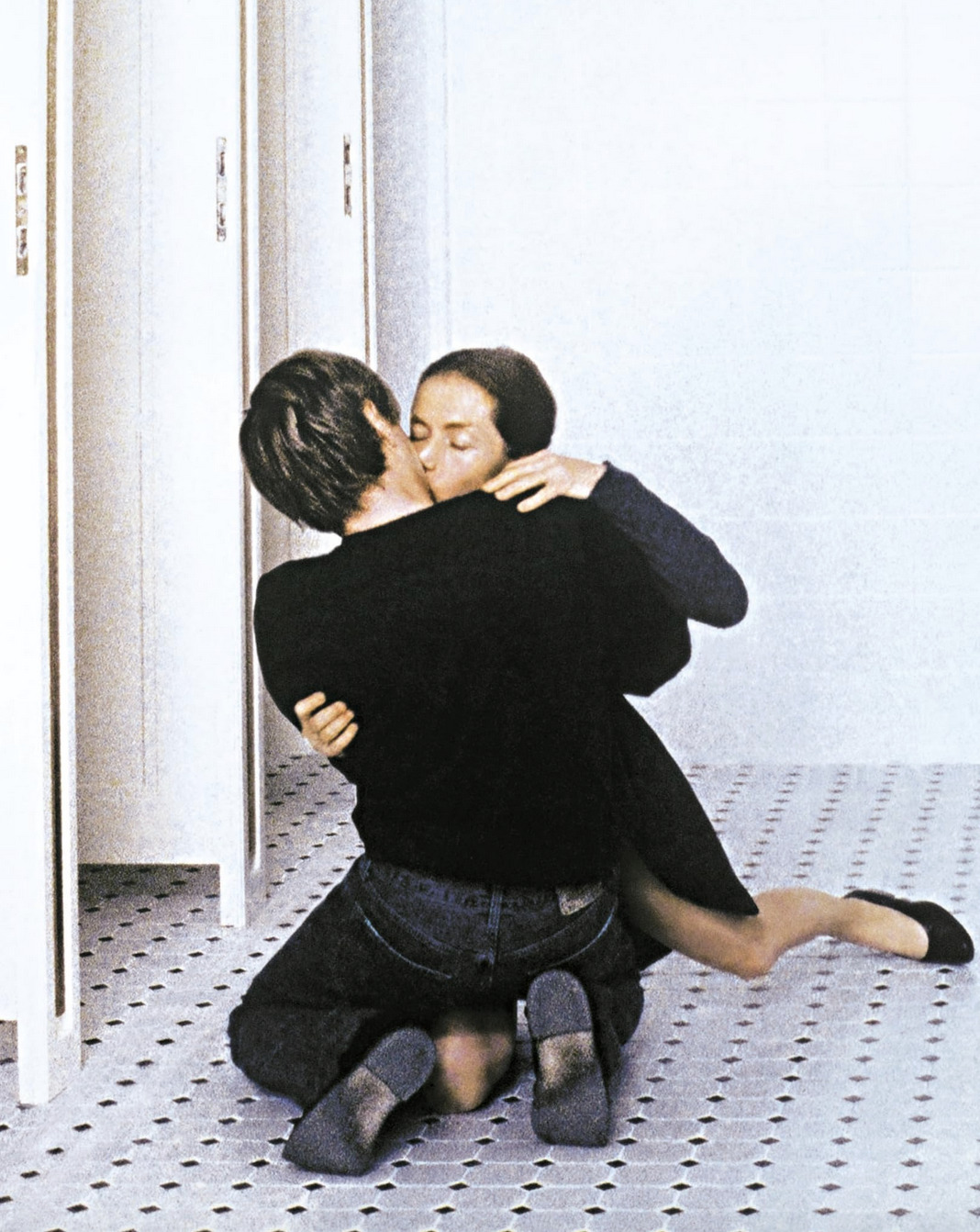
That’s what makes the work of Isabelle Huppert so compelling. She’s not afraid of extremity. She doesn’t care whether a character is likeable or not. She doesn’t care if her performances or films piss people off. She is drawn to complexity. She dives into life face-first, the good, the bad, and the messy. She seems to relish exploring the taboo, the horrifying, moral ambiguity in all its forms. Because people contain all of that, whether it’s deeply sublimated or bursting out shrieking from her eyeballs, and her talent results from her willingness to go there. Elle was initially supposed to be made in the United States, but the producers couldn’t find a lead. Reportedly, Nicole Kidman, Sharon Stone, Julianne Moore, and Diane Lane turned down the part. Verhoeven said to Deadline Hollywood, “In retrospect, I don’t think this film should have been made if Isabelle Huppert didn’t exist.”
But all that said, Huppert is more than the wild women she plays. When we spoke, she was lovely in her loose bun, pale silk blouse, and cardigan. When I asked her what one thing is that people might be surprised to learn about her, she said she’s very lazy. Besides watching movies and plays, she likes lying around doing nothing. When I asked how she managed to raise three children while working practically nonstop, she said, “It’s not so difficult. We have very privileged lives. Think of all the people who don’t have my luck.” She also said acting is not challenging for her. “What would be challenging would be to do it with someone you don’t admire and respect. That must be challenging, but it never happened to me. I’m very lucky.”
When I mentioned that many moviegoers might not realize that she is funny, she said, “I am, yes! I did many, many comedies, but they might not have been released overseas as much as my dramas.”
High Camp in The Crime is Mine
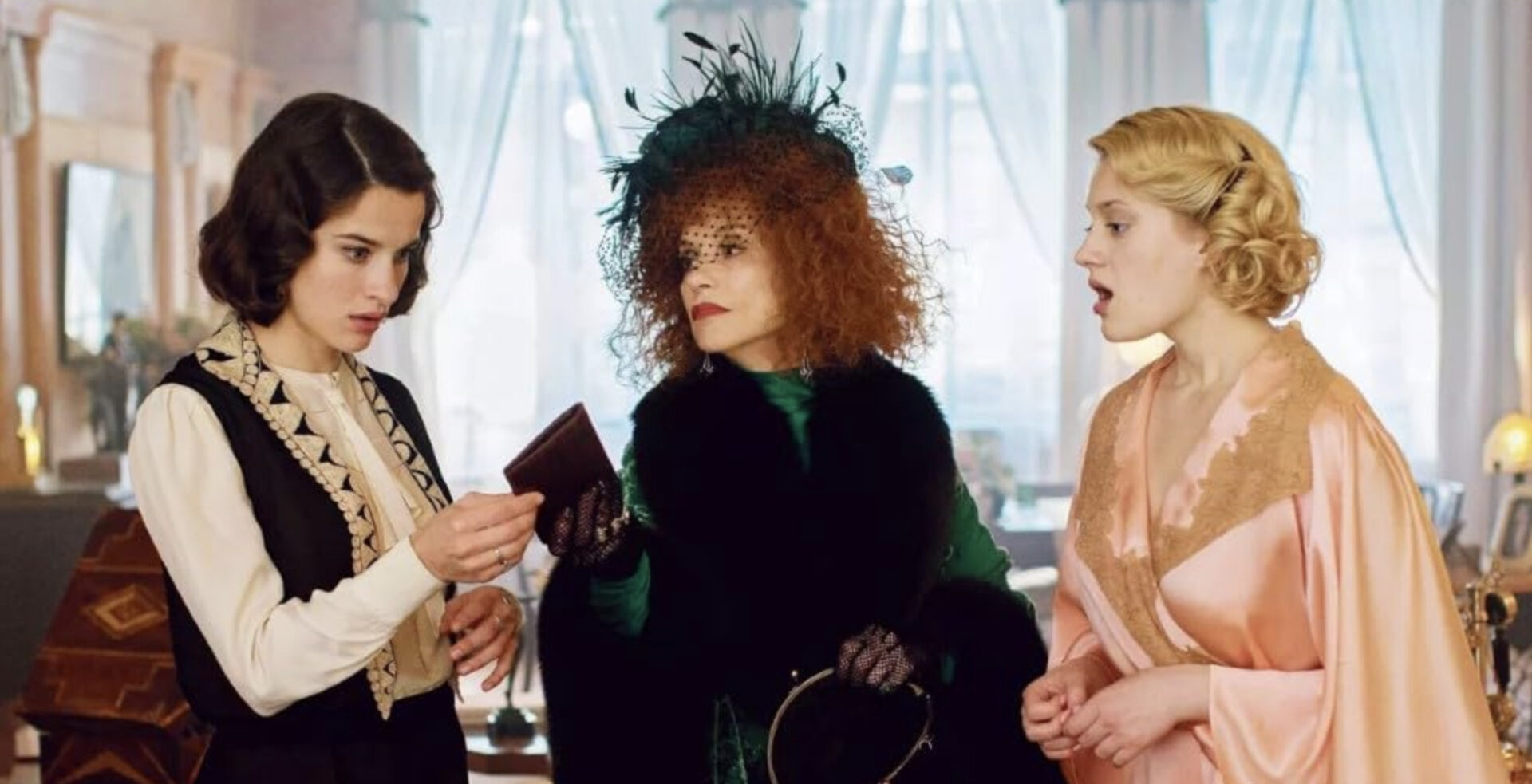
The Crime is Mine, Huppert’s second feature (after 8 Women) with François Ozon, a filmmaker known to bring depth and humanity to his works of comic—and often high camp—genius, is coming to theaters in the U.S. on December 25. The screwball comedy about a young actress who claims to have murdered a producer for the publicity features Huppert as a silent film star who appears suddenly in the picture to demand her due. Much like her character, she can’t help but steal the spotlight.
When I asked if she has any funny stories to tell about Ozon or any of the other directors she’s worked with, she said she isn’t good at telling that type of anecdote. “Most of the time when you do get along with a director, it’s an easy road,” she said. “Maybe it’s funny if I say it’s an easy road for me with Michael Haneke, for example, because I’m sure he’s viewed as a very specific and terrifying kind of person, very scary and difficult, and he’s not. He’s most of the time very funny. Of course, he’s very obsessed with details. All great directors are obsessed with being very precise about details. He’s nice, and Paul Verhoeven, he’s so smart and has such a great sense of humor.”
She pauses, maybe feeling sentimental about the directors whose work has allowed her to build her extraordinary œuvre. “I wish I could put all these people—Michael Haneke and Claude Chabrol and Paul Verhoeven—together and have a nice dinner all together,” she says. “But, unfortunately, that will never happen.”
Looks like the rest of us will have to settle for an Isabelle Huppert movie marathon—the only place these directors will get to share the same room, with this timeless and inimitable actress.
Andrea Meyer has written creative treatments for commercial directors, a sex & the movies column for IFC, and a horror screenplay for MGM. Her first novel, Room for Love (St. Martin’s Press) is a romantic comedy based on an article she wrote for the New York Post, for which she pretended to look for a roommate as a ploy to meet men. A long-time film and entertainment journalist and former indieWIRE editor, Andrea has interviewed more actors and directors than she can remember. Her articles and essays have appeared in such publications as Elle, Glamour, Variety, Time Out NY, and the Boston Globe.

